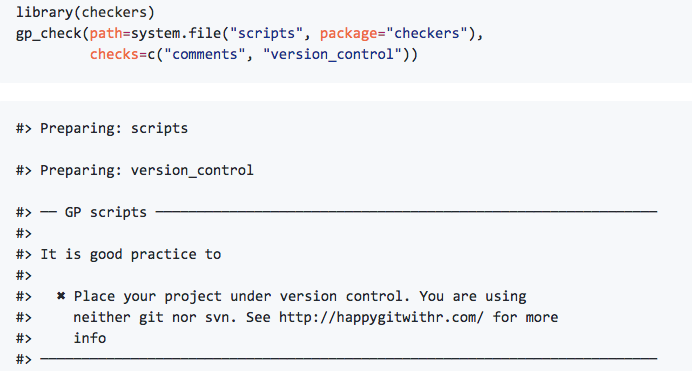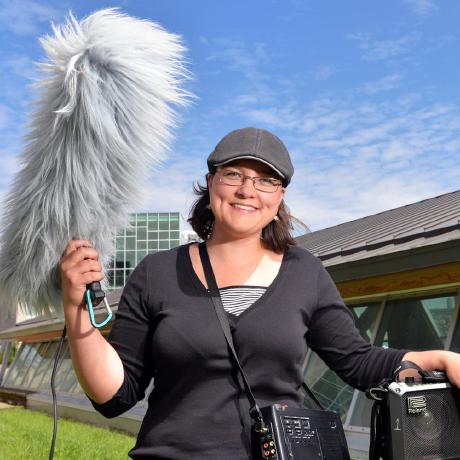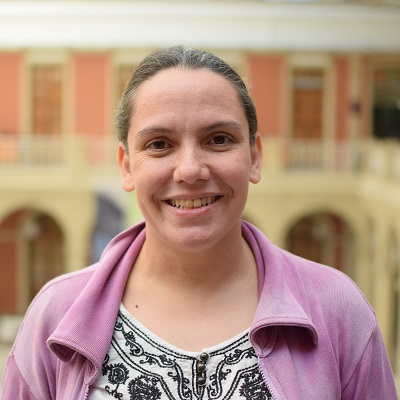All posts (Page 103 of 128)
Continuing our series of blog posts (day 1, day 2, day 3) this week about unconf 17.
🔗
cityquant
Summary: The goal with the cityquant project was to build a digital dashboard for sustainable cities.

They also had a “spin-off” project called selfquant to get data from a quantified self google sheets template to keep track of weekly performance in various categories.
Team: Reka Solymosi, Ben Best, Chelsea Ursaner, Tim Phan, Jasmine Dumas
Github: https://github.com/ropenscilabs/cityquant
🔗
notary
Summary: notary is actually two things:
Continuing our series of blog posts (day 1, day 2) this week about unconf 17.
🔗
available
Summary: Ever have trouble naming your software package? Find a great name and realize it’s already taken on CRAN, or further along in development on GitHub? The available package makes it easy to check for valid, available names, and also checks various sources for any unintended meanings. The package can also suggest names based on the description and title of your package.
Following up on Stefanie’s recap of unconf 17, we are following up this entire week with summaries of projects developed at the event. We plan to highlight 4-5 projects each day, with detailed posts from a handful of teams to follow.
🔗
checkers
Summary: checkers is a framework for reviewing analysis projects. It provides automated checks for best practices, using extensions on the goodpractice package.

caption
In addition, checkers includes a descriptive guide for best practices.
...Following up on Stefanie’s recap of unconf 17, we are following up this entire week with summaries of projects developed at the event. We plan to highlight 4-5 projects each day, with detailed posts from a handful of teams to follow.
🔗
skimr
Summary: skimr, a package inspired by Hadley Wickham’s precis package, aims to provide summary statistics iteratively and interactively as part of a pipeline. The package provides easily skimmable summary statistics to help you better understand your data and see what is missing.
We held our 4th annual unconference in Los Angeles, May 25-26, 2017. Scientists, R-software users and developers, and open data enthusiasts from academia, industry, government, and non-profits came together for two days to hack on projects they dreamed up and to give our online community an opportunity to connect in-person.
The result? 70 people from 7 countries on 3 continents proposed 69 ideas leading to 21 projects in 2 days, and one awesome community just upped its game!
...



